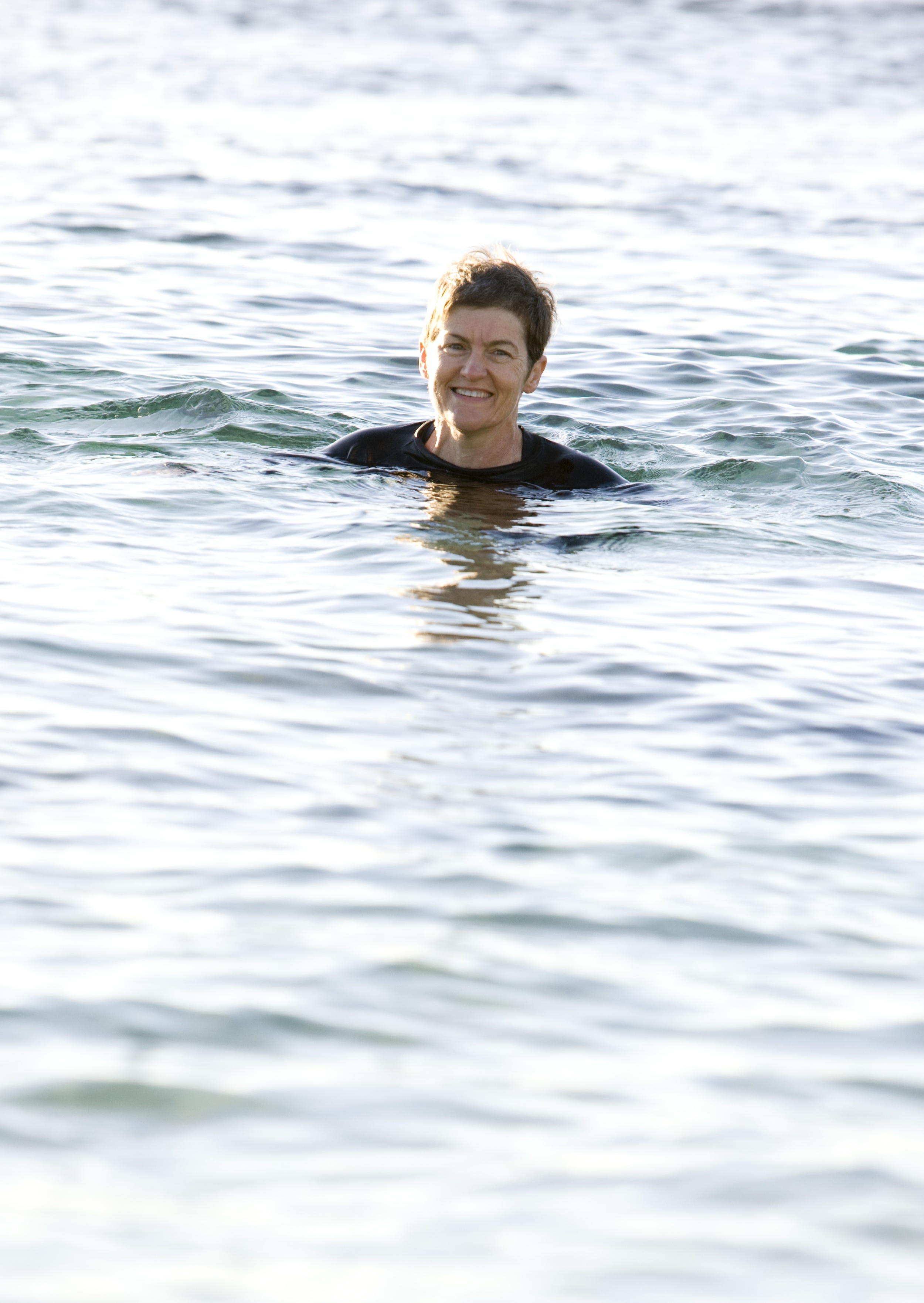Sharks, cougars and killers
/I have what I would describe as an irrational fear of apex predators, although I also understand that they’re ecologically important. In Australia, my fear manifests as a shark. I don’t discriminate but if forced I’d say I’m most afraid of the great white, that perfect apex predator popularly pictured from below – all the better to see those teeth with. It’s the shark that put the jaws in Jaws, the shark the Western Australian Government is currently trying to kill.
I used be a sea swimmer but I’ve been unable to swim happily since I saw a shark five years ago, a shark I likely channeled with the fear that was my swimming companion. I’d just be settling into the rhythm, one arm up and over, the other, breathe, when suddenly fear would shout “Shark!” I’d stop immediately, gasp in panic, thinking about my dangling white legs while treading water and scanning the horizon for that telltale fin. And then, the actual shark, one balmy Sunday when I wasn’t afraid. I’d just swum out beyond the break and there it was, down and to the right a few metres away, a beautiful creature, I can think now, lovely, long and lithe. At the time, I couldn’t think. I swam for shore. I didn’t kick. I didn’t look behind me. I ran along the beach as if the shark might follow.
As I’ve been reading in international media that in our wild west they’re shootin’ sharks, as I’ve watched the numbers of killed sharks mounting – not a great white among them – I’ve wondered if the shark I encountered might have been killed with them. It was a mako, I believe, not a great white. My mako could surely swim around Australia – they are the fastest shark – and it might be three metres by now, the size at which a shark will be killed if caught too close to shore in WA, taking a bait set for the purpose of attracting sharks. If so, if they shot my shark four times in the head and dumped its body further out to sea, in my opinion they did wrong. But my mako wouldn’t need to go west to be killed. Here on the east coast, in Queensland and in New South Wales, we’ve been killing sharks for decades. We snare them in nets, laid for the purpose, or catch them on drumline hooks. Most drown, along with collateral dolphins and turtles. Those that don’t are shot with a power head or brain spiked.
With or without nets, I’d reckon the risk of dying on the highway en route to a swim is much higher than the risk of dying from a shark attack. I’ll probably live longer by culling cars, shooting them four times in the radiator and walking. The risk of shark attack for WA beachgoers, according to recent research, even given the cluster of tragedies in the last few years, is one in 30 million per swim close to shore in summer, and one in 15,000 per deep swim in humpback whale (great white dinner) season. Either way, the odds are on our side. But my fear of sharks doesn’t have much to do with actual sharks. It has to do with fear, and however many sharks are killed, I will still be afraid.
In Canada, where wildlife encounters have evolved enough to employ wildlife encounter officers in national parks, I replace my sharks with mountain cougars, which adds speed and stealth on land to strength and sharp teeth. Through a snowy winter in Banff, two juvenile cougars became “curious” about the humans, or that’s the way Parks Canada put it. I stopped hiking, kept family close on predawn winter walks to school. And then, a local physiotherapist I saw for my writerly back told me she wished the cougars would get out of Dodge. I thought she shared my fear. But no. “When they come near humans, it never goes well for the cougars,” she said. A few months later, I read, they shot one and then the other curious cougar.
Some things we humans do make me wonder if our species really is intelligent, or just the apex predator that has an opposable thumb.
Based on the column published in The Courier-Mail Qweekend on 8 March 2014. I write mainly about writing, education, birth, health and the thrill of parenting. You can Get in touch, tick the box to receive emails, Like Writer Mary-Rose MacColl on Facebook or follow MaryRoseMacColl on Twitter. Have a great day!

